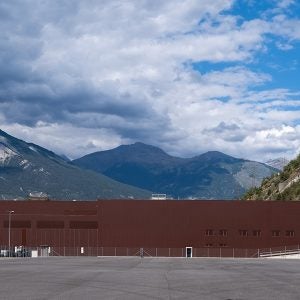
The three-year WaveBoost project – funded by Horizon 2020 – has drawn to a close with a step change improvement achieved to the reliability and performance of wave energy technology, the European Marine Energy Centre (EMEC) has announced.
Led by CorPower Ocean, the WaveBoost consortium designed and developed an advanced power take off (PTO) system allowing wave energy converters (WECs) to operate safer and more reliably in harsh ocean conditions while increasing annual electricity production by 27%.
The system incorporates a revolutionary pneumatic module that has 80% less components, thus reducing complexity and CAPEX while improving reliability, compared to previous designs. An energy redistribution system manages fluctuating power input from ocean waves to support grid integration and increase energy production.
On the performance side, new dynamic seals were designed and tested resulting in 70% improvement in friction, while flow losses have been reduced by up to 90% compared to previous product.
The improvements enabled the levelised cost of energy (LCOE) to drop by 18-29%, with operational expenditure expected to decrease by up to 30%.
Lifecycle analysis undertaken on a theoretical 50 MW array deployed in Scotland indicated a carbon intensity already as low as 31.4 gCO2e/kWh based on the first prototype WEC generation design alone. This carbon intensity is comparable with other renewable technologies today and is over 10 times less than conventional gas turbines, securing the pathway to low carbon intensity WEC technology.
The learnings from the WaveBoost project will be carried forward as CorPower Ocean move towards the manufacturing, dry testing and deployment of their next full scale C4 WEC.
The WaveBoost project consortium comprised of sector leaders from Sweden, Portugal and the UK including CorPower Ocean (project lead), Arcos Hydraulik, the Research Institute of Sweden (RISE), EDP Innovação, WavEC Offshore Renewables, The University of Edinburgh, and the European Marine Energy Centre (EMEC).






